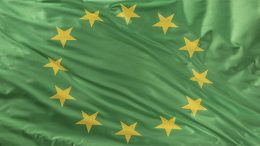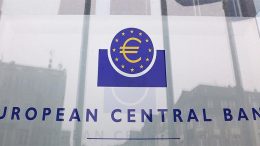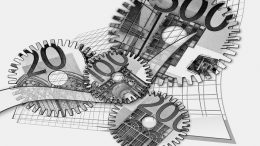A Green Biased Recovery Fund
Morgan Stanley | The European Recovery Fund will not only benefit peripheral countries but also sustainable activities. In the end, this package will have an even greater green bias than initially expected: 30% of the funds will go towards climate investment compared to 25% in the initial proposal.










